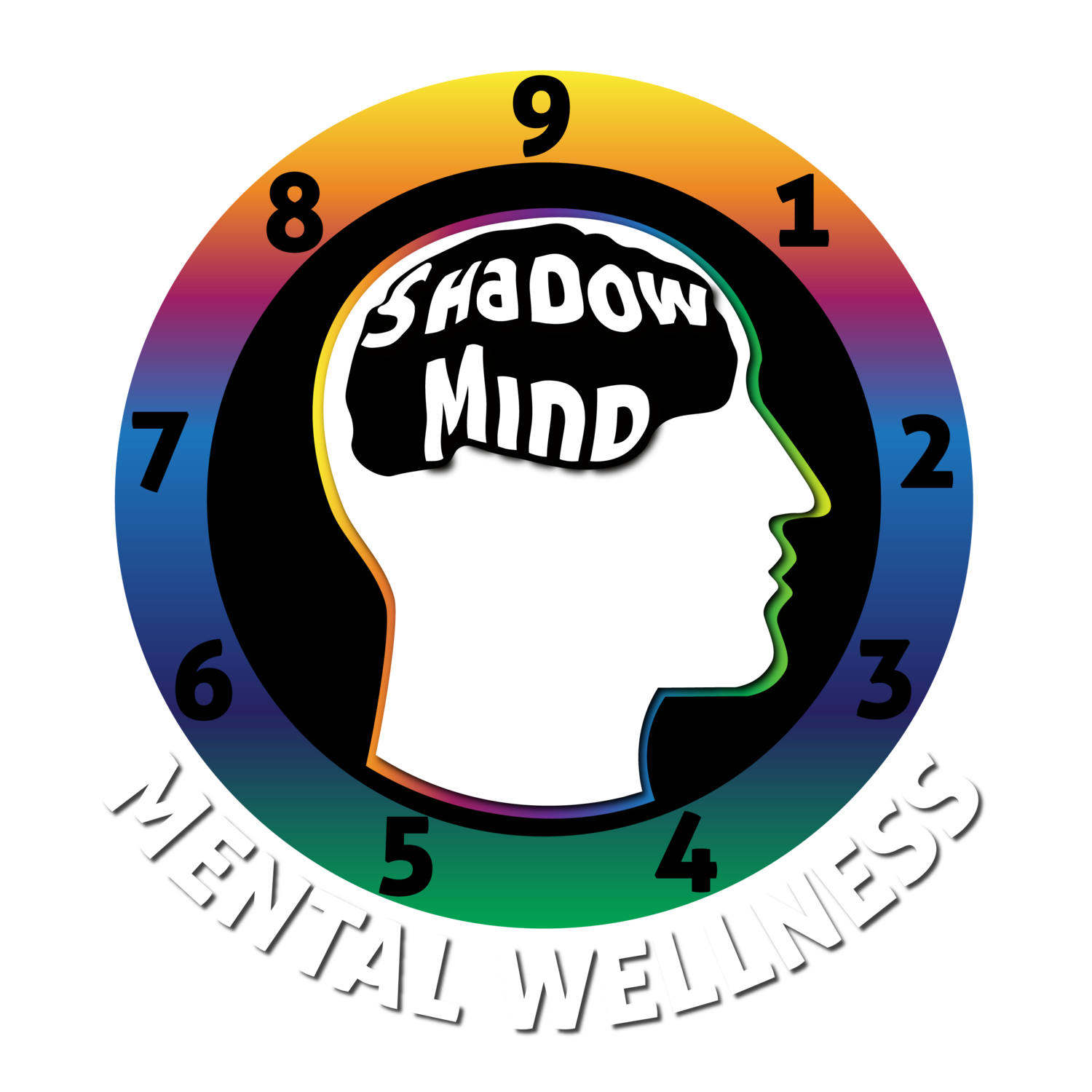Science and Spirituality
For generations, science has been at odds with religion and spirituality. Religion, specifically, doesn’t appreciate being questioned and that’s exactly what science does. Science, on the other hand, doesn’t like assumptions, hearsay information, or inferences (inductive or deductive) without empirical evidence to back them up. In reality, however, science verifies what religion cannot (i.e. the age of the Universe or planet) whereas religion and spirituality pick up where science falls short on proof (i.e. the reason for life).
“Science does not require faith!” I hear you decry. It is based on evidence and verifiable facts. And that’s exactly right, it is. But those facts come from fallible humans and science tends to prove and disprove itself all the time. That’s a natural part of the scientific process, but does illustrate we have to have faith our results are correct. But science often scoffs at the notion of an intelligent creator. The Ages of Science and Reason have produced more agnostics and atheists because there is only one way to confirm a creator and life after death, which is ceasing to be alive. I don’t see a lot of people jumping at the opportunity to die in an experimental setting and being brought back to life. The unfortunate consequence: Lack of testability. But we have books upon books indicating there is a creator all of which have congruencies allowing us to draw logical conclusions. This is based on the same idea of all eyewitnesses having similar stories (key details intact, but some variation is expected) in a criminal case to corroborate the event or events. Norm Geisler, who is a theologian, once said “It takes more faith the be an atheist than it does to be a Christian.” In fact, he co-authored a whole book about it. But what does this have to do with personality psychology and the Enneagram? Everything.
It’s funny, though, psychology is traditionally viewed with skepticism in both secular and religious circles because it is a soft science with little empirical evidence. There are some Christian sects that completely discount the concept of psychology and psychiatry (specifically the DSM-V, the gold standard of psychiatric evaluation) based on its lack of verifiable empirical evidence. I’ll let you relish in the irony of that for a second.
OK, enough relishing.
What we need to realize is science and religion, or spirituality, are actually yin and yang. They are two sides of the same coin and without either, we wouldn’t understand psychology half as well as we do. This is how the Enneagram was meant to work. Because, unlike other personality tests like the Meyers-Briggs assessment, it is not focused on self, rather it is focused on relationships. Both it and spirituality, or religion, help us grow and improve not just ourselves, but our relationships. And we’re social creatures whether we want to admit it or not. In his book Social, Matthew Lieberman talks about the default neural network—the part of our brain that is activated when we’re not otherwise mentally occupied. This default network he also refers to as the default social network. This is the earliest activated part of our brain at 2 months old implying that we’re literally wired to be social creatures. Something religion, Christianity especially, reinforces. Here we have science validating the religious principle of community that’s mentioned in Genesis and throughout the Christian Bible. Now it doesn’t matter for these if you believe the creation story in Genesis is literal or an early way to make sense of our existence, but it is important to note that even God in that story knew that man was meant to be in community, which is evidenced by the fact our first activated center deals with how we interact with our social world.
Given we are social creatures, however, this also implies we are influenced by society, or culture, as much as we are our native motivations: The classic nature vs. nurture argument. Social psychology expert Albert Bandura illustrated this with his Bobo doll experiment. Peer pressure is another example of societal influence on us. The Enneagram is the psychological tool that helps us understand the motivations behind our actions. In other words, is it influenced by nature (our true self) or nurture (our socially constructed self)? Religion points us to who we’re supposed to be the same way personality and social psychology help us understand we’re not behaving in our most natural manner. The Enneagram is meant to be used in conjunction with the spiritual understanding of humanity.
And, probably like you, I, too, tried to deny the relationship between psychology and spirituality as a former atheist (now Christian) and someone who considers himself a man of the social sciences. And sure, we can keep them separated. We see that crop up in both the positive psychology and self-help movements. But the unfortunate truth we all must accept is we aren’t going to get the growth, true growth, we need by doing so. We must understand that science, in this case, psychology, and spirituality works together. The Enneagram is the best tool to help you understand the importance of both.
If you want to understand more how you can use the Enneagram to not only improve yourself, but also your relationships, set up a free consultation. You’ll be glad you did.
